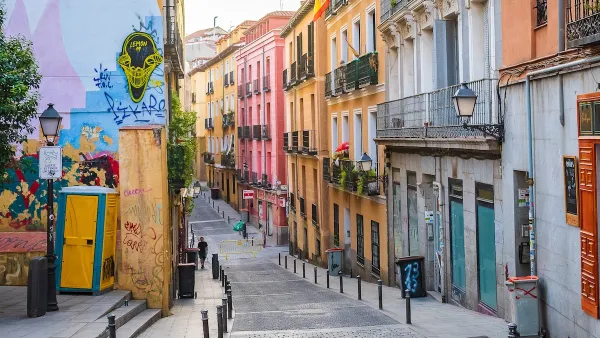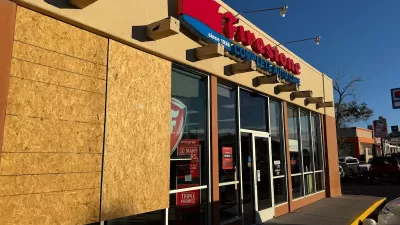In an effort to draw more tourists to their ancient temples, officials in the Chinese town of Guandu has contracted tourism-savvy Shaolin monks to take over operation of the temples.
"While soothing to some, the tranquillity is galling to Guandu's city fathers, who recently spent $3 million to rebuild the four temples. They had become schools and warehouses during an earlier era, when the Communist Party sought to suppress nearly all religious activity, including that by Buddhists."
"To sweeten the lure for free-spending tourists, they tore down the jumble of ancient homes that surrounded the 1,000-year-old temples and built rows of antique-looking shops that sell bootleg DVDs, sneakers and stuffed Santas."
"Still no one came."
"'The temples have been money losers,' grumbled Dou Weibao, the commissioner of ethnic and religious affairs in Guandu, which has long since been subsumed by the sprawl of Kunming, the capital of Yunnan Province."
"Mr. Dou found a savior 1,200 miles away, in the Song Mountains of central China, where the warrior monks of Shaolin have mastered the art of monastery marketing. Since the early 1990s, the chief abbot, Shi Yongxin, has turned Shaolin into a lucrative draw for kung fu enthusiasts and has transformed his lithe disciples into global emissaries for the temple's crowd-pleasing mix of Zen Buddhism and fly-kick combat."
"Guandu officials say they will get no money from the deal, but they hope the Shaolin mystique will pull in the kind of crowds that have turned the flagship monastery, in Henan Province, into one of China's most popular tourist destinations. Mr. Dou said the government would save the $88,000 once spent on temple maintenance each year. They are also counting on the tax revenue from a vast new mall that is nearing completion next to the temple complex."
FULL STORY: Town Asks Kung Fu Monks for Tourism Blessings

Planetizen Federal Action Tracker
A weekly monitor of how Trump’s orders and actions are impacting planners and planning in America.

Restaurant Patios Were a Pandemic Win — Why Were They so Hard to Keep?
Social distancing requirements and changes in travel patterns prompted cities to pilot new uses for street and sidewalk space. Then it got complicated.

Maui's Vacation Rental Debate Turns Ugly
Verbal attacks, misinformation campaigns and fistfights plague a high-stakes debate to convert thousands of vacation rentals into long-term housing.

In California Battle of Housing vs. Environment, Housing Just Won
A new state law significantly limits the power of CEQA, an environmental review law that served as a powerful tool for blocking new development.

Boulder Eliminates Parking Minimums Citywide
Officials estimate the cost of building a single underground parking space at up to $100,000.

Orange County, Florida Adopts Largest US “Sprawl Repair” Code
The ‘Orange Code’ seeks to rectify decades of sprawl-inducing, car-oriented development.
Urban Design for Planners 1: Software Tools
This six-course series explores essential urban design concepts using open source software and equips planners with the tools they need to participate fully in the urban design process.
Planning for Universal Design
Learn the tools for implementing Universal Design in planning regulations.
Heyer Gruel & Associates PA
JM Goldson LLC
Custer County Colorado
City of Camden Redevelopment Agency
City of Astoria
Transportation Research & Education Center (TREC) at Portland State University
Camden Redevelopment Agency
City of Claremont
Municipality of Princeton (NJ)





























